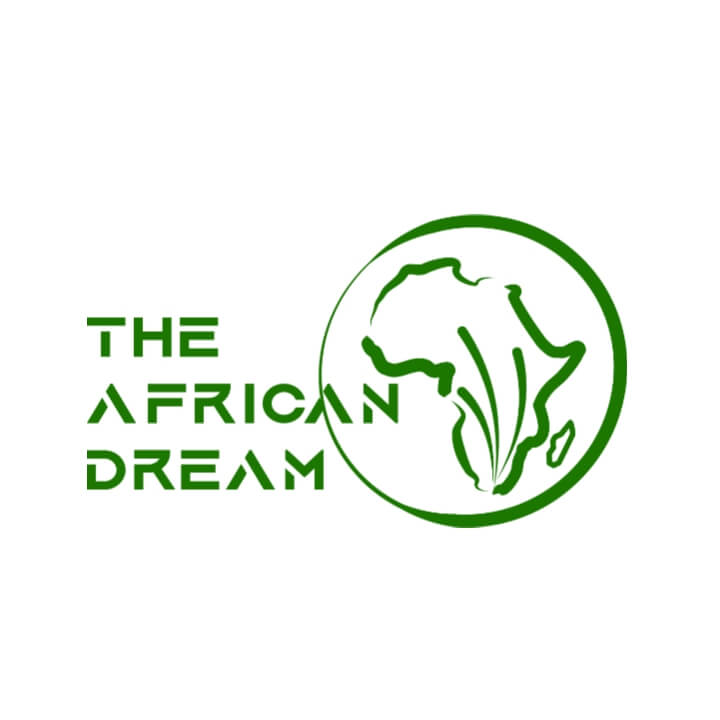24 countries qualify for AFCON Morocco 2025

The full roster of 24 nations set to compete in the 2025 TotalEnergies CAF Africa Cup of Nations (AFCON) is now confirmed, with Mozambique clinching the final spot after defeating Guinea-Bissau 2-1. The highly anticipated tournament, scheduled to kick off between 21 December 2025 and 18 January 2026, will take place in Morocco.
The unorthodox scheduling is a direct consequence of FIFA’s expansion of the Club World Cup competition, which will now take place in June and July 2025, clashing with the original AFCON dates. The expanded UEFA Champions League, which kicked off this season, also extends the footprint of this competition, leaving the AFCON squeezed in across Christmas and New Year.
Morocco took on the mantle of host nation in September 2023 after Guinea was stripped of hosting rights due to inadequate infrastructure and facilities. The competition will feature a mix of perennial powerhouses and emerging teams eager to make their mark on the continental stage.
Joining Morocco are several former champions, including Senegal, Algeria, Egypt, and titleholders Côte d’Ivoire. These nations secured qualification with strong performances throughout the campaign. Nigeria, Tunisia, and South Africa also stamped their tickets, ensuring the presence of some of the continent’s most iconic teams.
The qualifiers have also marked comebacks for nations like DR Congo, Angola, and Gabon, while Botswana’s return to the tournament after extended absences reflects the evolving competitiveness of African football. Sudan and Benin also earned their places on the final day of qualifying.
Last week, Zambia, Mali, Zimbabwe, and Comoros secured their spots, completing a balanced line-up of regular contenders and emerging forces. Equatorial Guinea and Uganda, known for their spirited performances in past editions, will also feature in Morocco.
For Botswana, this marks an end to a 12-year hiatus, while Tanzania and Mozambique have achieved a hard-fought entry into the finals. The qualification process highlights the rising level of football across the continent. With all 24 slots now filled, anticipation is building for what promises to be a memorable tournament.
Qualified
- Morocco (Hosts)
- Burkina Faso
- Cameroon
- Algeria
- DR Congo
- Senegal
- Egypt
- Angola
- Equatorial Guinea
- Côte d’Ivoire
- Uganda
- South Africa
- Gabon
- Tunisia
- Nigeria
- Zambia
- Mali
- Zimbabwe
- Comoros
- Sudan
- Benin
- Tanzania
- Botswana
- Mozambique
Eliminated
- Lesotho
- Liberia
- Eswatini
- Namibia
- Burundi
- South Sudan
- Malawi
- Gambia
- Madagascar
- Central African Republic
- Cape Verde
- Togo, Ghana
- Sierra Leone
- Chad
- Ethiopia
- Kenya
- Congo-Brazzaville
- Mauritania
- Rwanda
- Libya
- Niger
- Guinea
- Guinea-Bissau
AFCON qualifying: How does it work?
Over the years, the Confederation of African Football has toyed around with various different formats for AFCON qualifying, taking into account the changing number of nations entering the campaign and the occasional expansions of the tournament itself.
For 2025, the format was as follows: the eight lowest-ranked entrants (as per the February 2024 FIFA World Rankings) contested the preliminary round in March, with four sides going through following home-and-away play-offs.
The four successful minnows then advanced to the 48-team group stage, where they were joined by 43 qualifying hopefuls plus hosts Morocco, to be drawn into 12 groups of four teams in a draw ceremony in Johannesburg in July.
Each group followed a traditional round-robin format, with each team playing each other home and away between September 2 and November 19, when the qualifying campaign concluded. The top two teams from each group advanced to the tournament proper, except Group B, where Gabon is the only side to progress alongside qualified hosts Morocco.
What happened if teams were tied?
For this qualifying campaign, CAF opted for a head-to-head system to decide teams tied on the same number of points rather than sorting by goal difference.
This means that had two teams finished the group stage level on points, it would have been the results of the matches between the pair that were taken into account when deciding who finished higher.
Head-to-head came into play in Group B, where Benin and Rwanda finished level on eight points, and despite each winning one of their matches against the other, the former advanced on head-to-head goal difference after a 3-0 victory in Abidjan in October.
Source: CAF Online, ESPN

This article is published by either a staff writer, an intern, or an editor of TheAfricanDream.net, based on editorial discretion.




